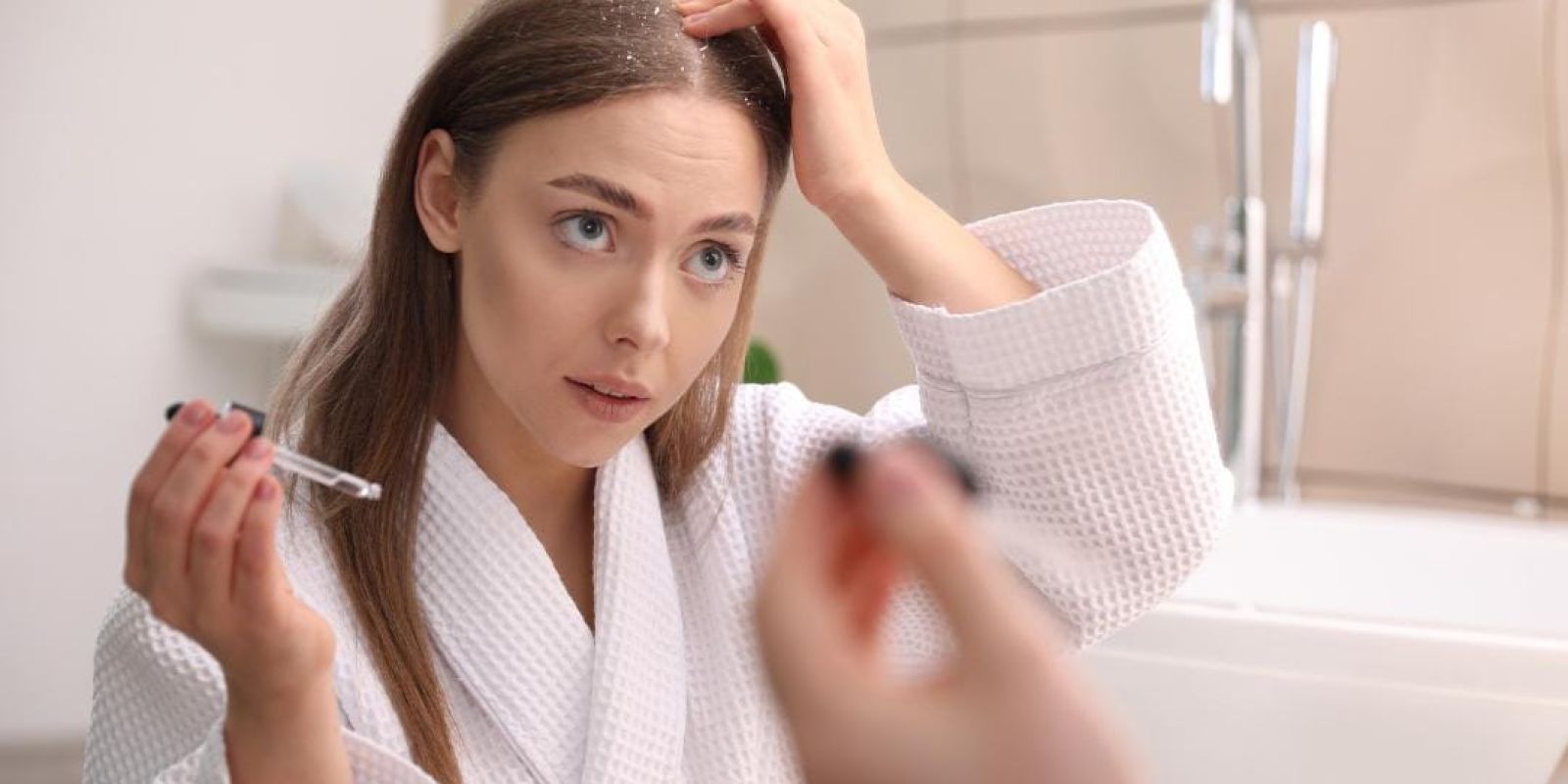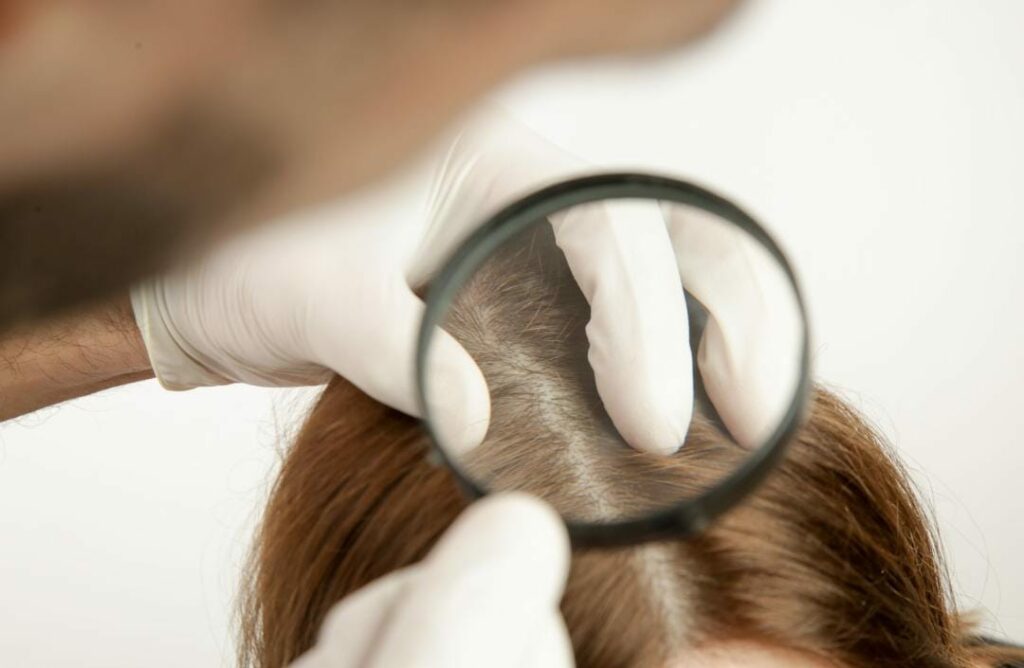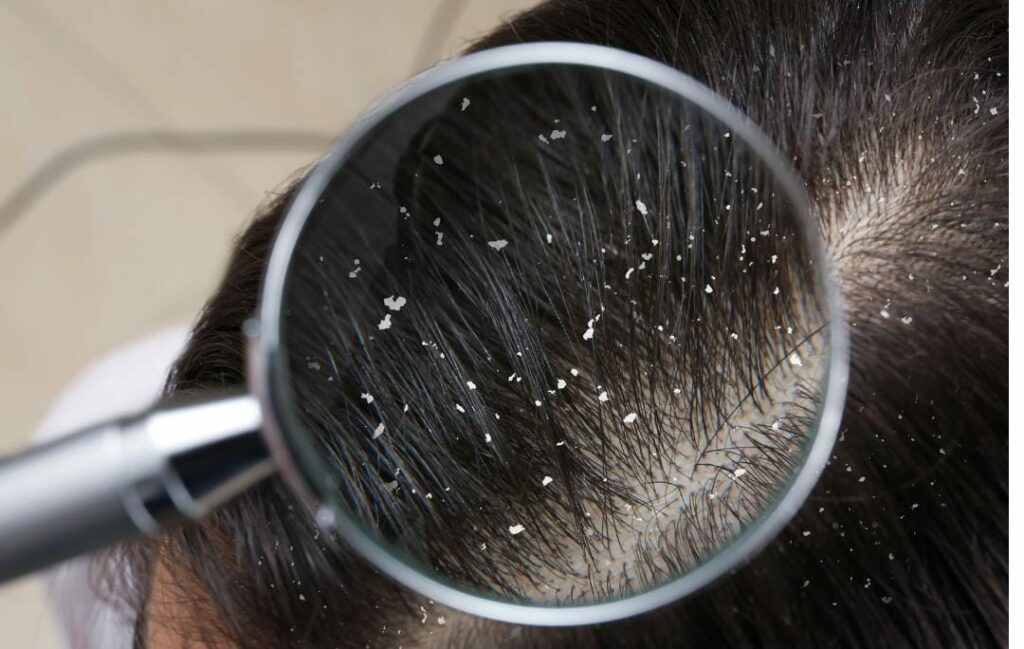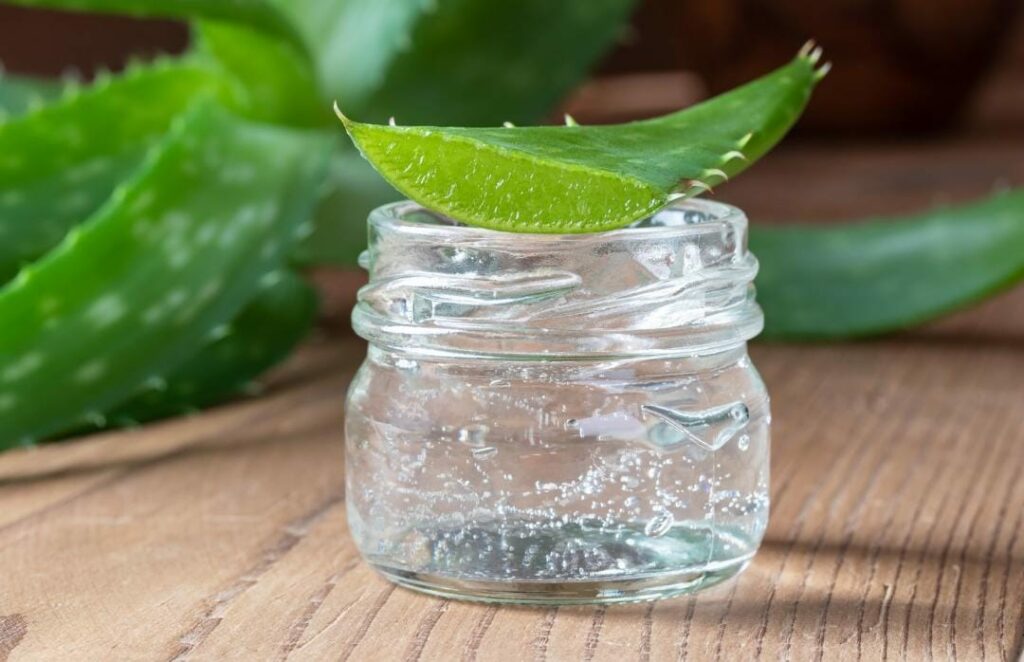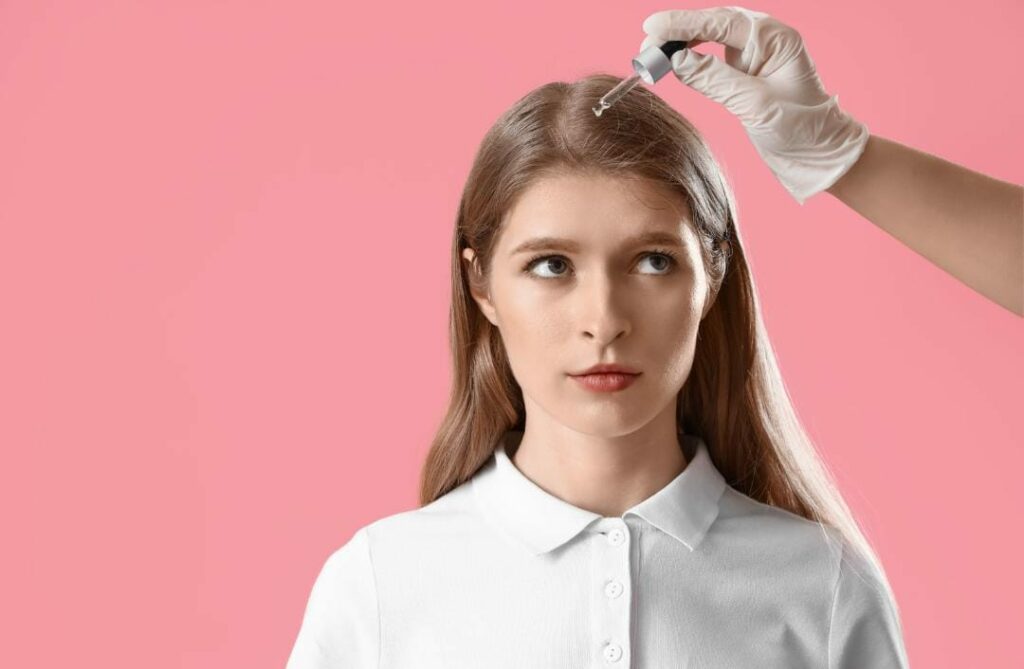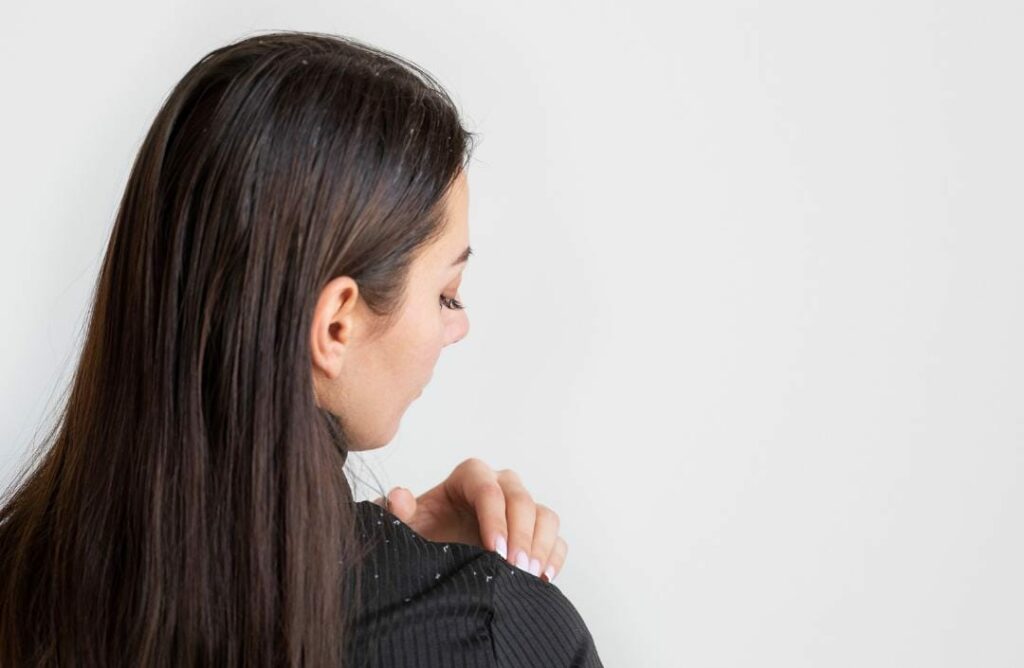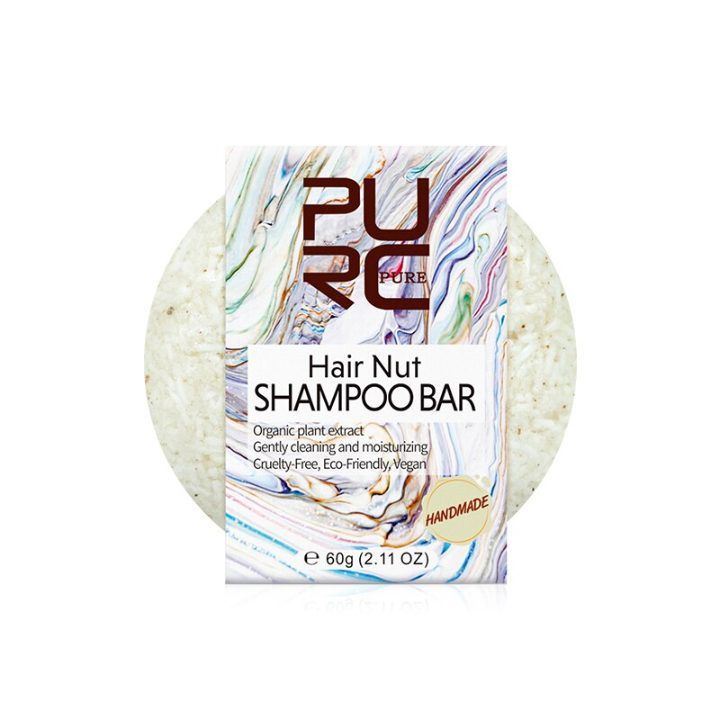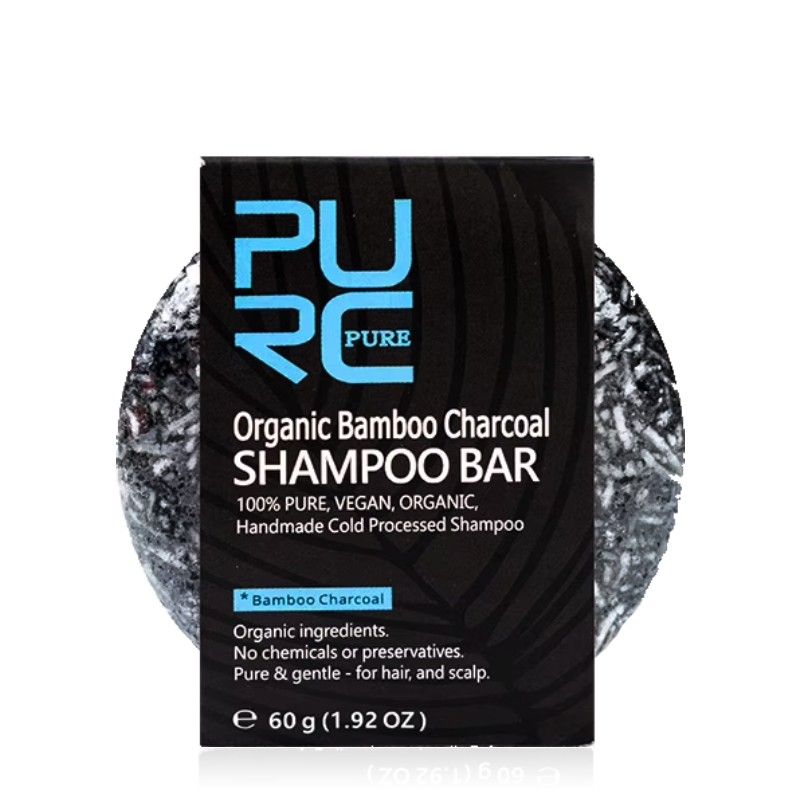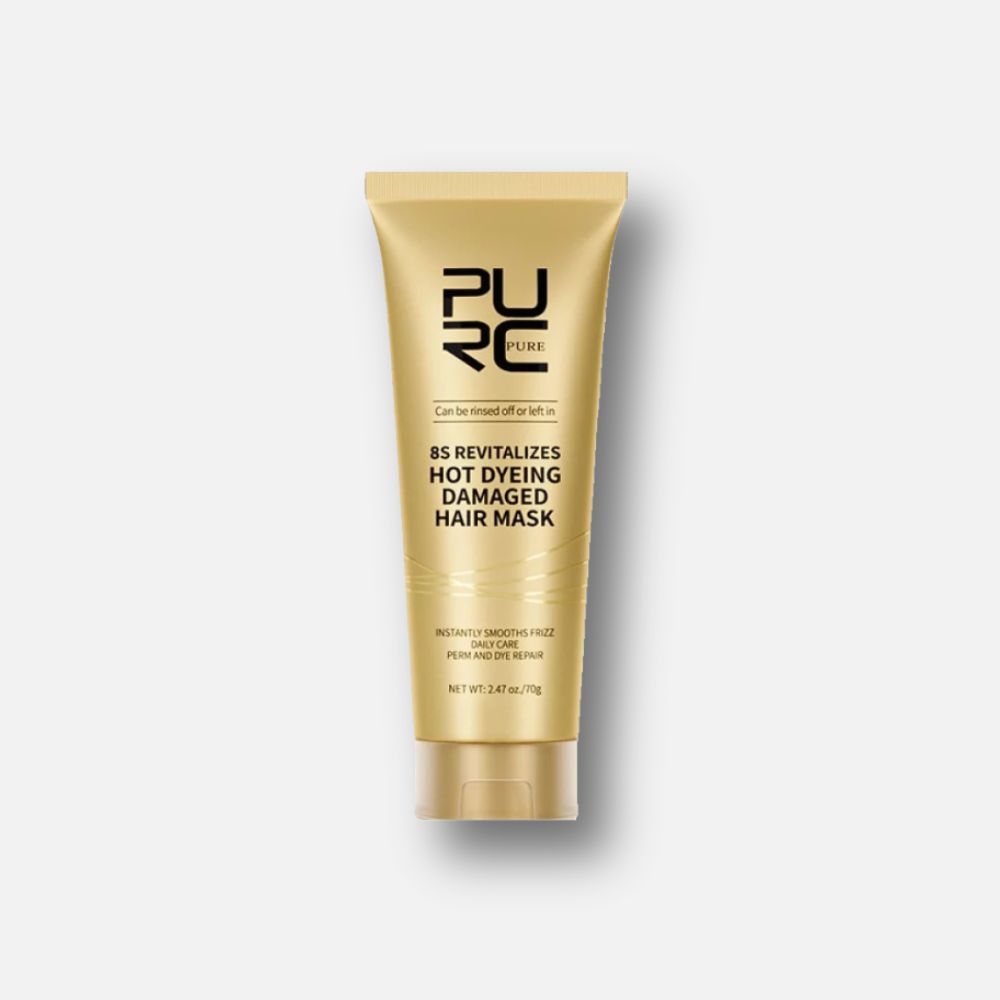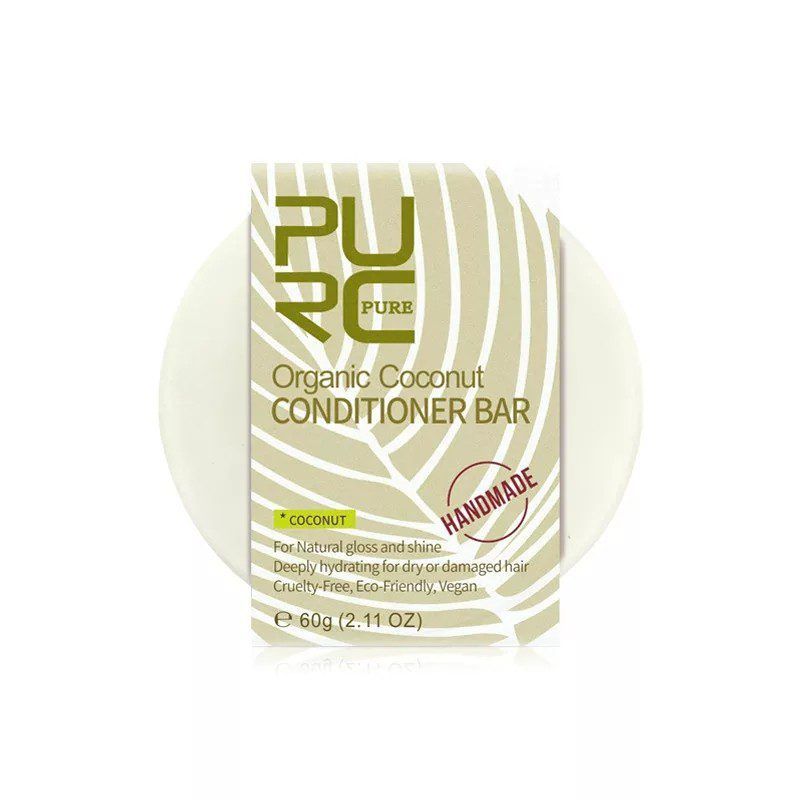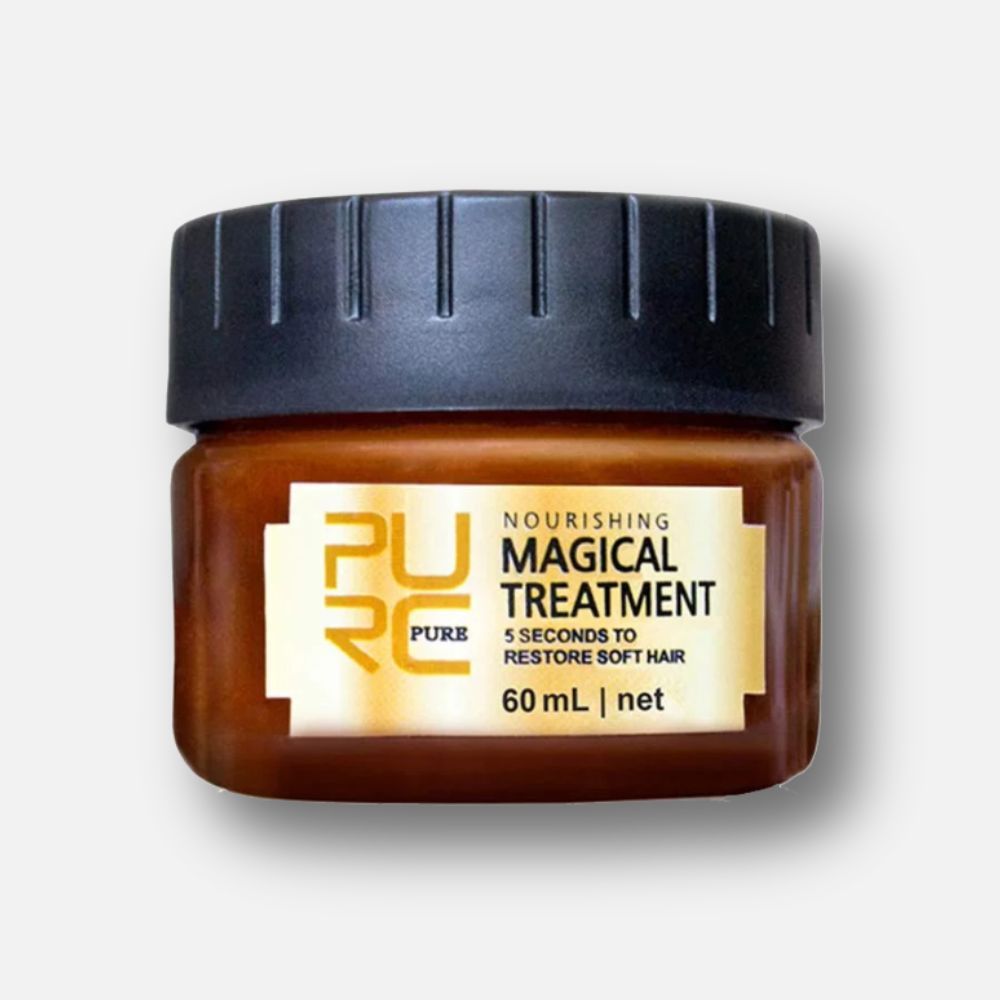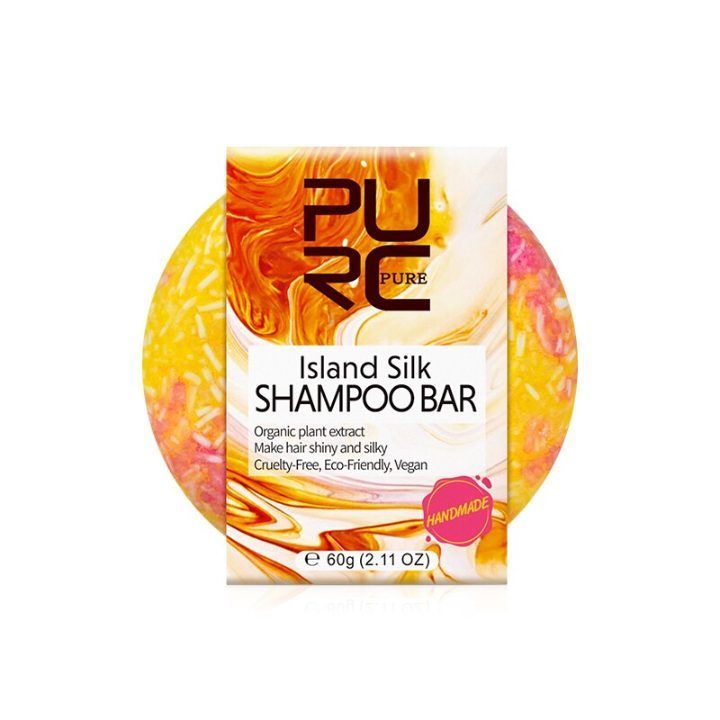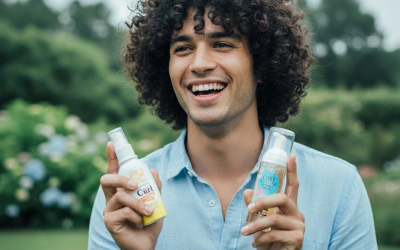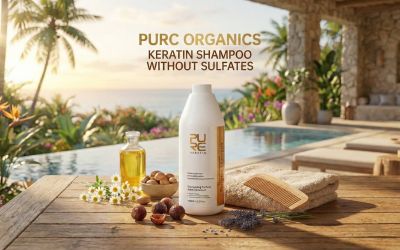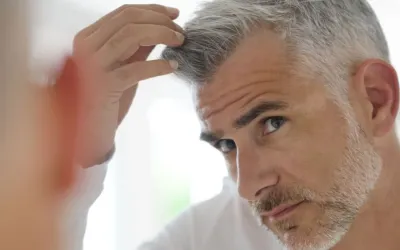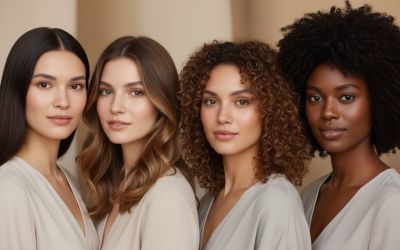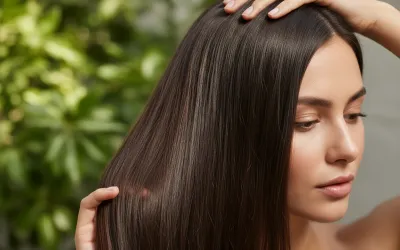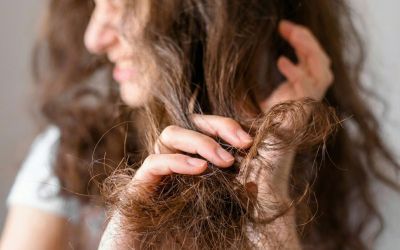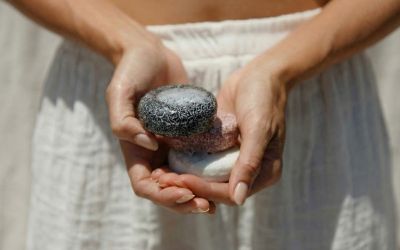If you have ever experienced an itchy and flaky scalp, you might have wondered if you have a dry scalp or dandruff. These two conditions can look similar, but they have different causes and treatments.
In this blog article, we will explain what a dry scalp and dandruff are, how they differ, and how to treat them effectively. By the end of this article, you will be able to identify your scalp problem and find the best solution.
What is a Dry Scalp?
A dry scalp lacks the oil our body produces. These oils, also known as sebum, help to moisturize and protect the skin on our scalp. When there is not enough sebum, the scalp becomes dry and irritated. This can lead to inflammation and sensitivity that can cause an itch and flakiness.
The Common Causes of Dry Scalp :
- Washing your hair too often or with harsh products that strip away the natural oils
- Using hot water or blow-drying your hair too frequently
- Living in a dry or cold climate
- Having a skin condition such as eczema or psoriasis
- Having an allergic reaction to a hair product or dye
- Having a nutritional deficiency or dehydration
How is it Different From Having Dandruff?
Dandruff is a skin condition caused by a fungal infection, whereas a lack of sebum production causes a dry scalp.
Dandruff is a very prevalent condition that affects up to 50% of people worldwide. It occurs when a fungus called Malassezia grows on your scalp and feeds on the oils that your skin produces. This causes irritation, inflammation, and excessive shedding of dead skin cells. The result is visible flakes of oily, yellowish skin that may stick to your hair or fall on your clothes.
On the other hand, a dry scalp is caused by a lack of moisture in your skin. Your scalp produces a natural sebum oil that helps lubricate and protect your skin and hair. When your scalp does not have enough sebum or loses moisture due to external factors such as cold weather, harsh shampoo, or frequent washing, your skin becomes dry, tight, and flaky. The flakes from a dry scalp are usually smaller, whiter, and drier than those from dandruff.
Treatment for Dry Scalp
This section will explore some of the best treatments for dry scalp, including nourishing oils, scalp serums, and deep conditioning.
What are nourishing oils?
Nourishing oils are natural oils that can moisturize and soothe your scalp. They can also provide essential nutrients and antioxidants to your hair follicles and strands.
Some of the most popular nourishing oils for dry scalp are:
1. Coconut Oil
Coconut oil has antibacterial and antifungal characteristics that can help prevent infections and inflammation. It can also penetrate deep into your hair shafts and seal in moisture. To use coconut oil for a dry scalp, apply a small amount of melted oil to your scalp and massage it gently. Leave it on your hair for some time before washing your hair, as usual.
2. Tea Tree Oil
Tea tree oil has antibiotic, antiseptic, and antifungal properties that can help relieve dry scalp and its symptoms. It can also stimulate blood circulation and promote hair growth. In order to use tea tree oil for a dry scalp, mix a few drops with carrier oil, such as olive oil or coconut oil, and massage it into your scalp. Leave it on your hair for 9 minutes before rinsing it out.
3. Aleo Vera
Aloe vera has moisturizing and anti-inflammatory, moisturizing properties that can help reduce skin irritation and dryness. It can also heal wounds and repair damaged skin cells. To use aloe vera for a dry scalp, apply some pure aloe vera gel or juice to your scalp and let it sit for 10 minutes before washing it out.
What are Scalp Serums?
Scalp serums are liquid products that target specific scalp issues, such as dryness, itchiness, or dandruff. They can also nourish and protect your scalp from environmental factors, such as pollution or UV rays.
Some of the benefits of using scalp serums for dry scalp are:
- They can hydrate and balance your scalp’s pH level.
- They can deliver active ingredients directly to your scalp’s surface.
- They can improve your hair’s texture and shine.
To use scalp serums for dry scalp, apply a few drops of the product to your clean and damp scalp and massage it gently. Do not rinse it out unless instructed otherwise by the product label.
What is Deep Conditioning?
Deep conditioning is a treatment that involves applying a rich and creamy conditioner or mask to your hair and leaving it on for an extended period, usually 15 to 30 minutes. The purpose of deep conditioning is to provide intense moisture and nourishment to your hair and scalp.
Some of the advantages of deep conditioning for a dry scalp are:
- It can restore your hair’s elasticity and strength.
- It can prevent breakage and split ends.
- It can smooth out frizz and flyaways.
To deep condition your hair for a dry scalp, choose a product that contains hydrating ingredients, such as shea butter, honey, or avocado. Apply the product generously to your hair from roots to ends, focusing on the driest areas. Cover up your hair with a towel or a shower cap and let it sit for the recommended time. Rinse it thoroughly with lukewarm water.
A dry scalp is not a severe condition but can be annoying and uncomfortable. These tips can improve your scalp health and help you enjoy shiny, smooth hair. Remember to consult your doctor if you have any underlying medical conditions or if your symptoms persist or worsen.
Treatment for Dandruff
Dandruff is a famous scalp condition that causes itching and flaking of the skin. It can affect anyone, regardless of their age, gender, or hair type. Dandruff is not a severe health problem but can be annoying and embarrassing. Fortunately, many ways exist to treat dandruff and prevent it from returning.
The most efficient way to treat and control dandruff is to use a dandruff shampoo that contains an active ingredient that can kill the fungus or reduce its growth.
Some of these ingredients are:
This antibacterial and antifungal agent can help reduce inflammation and itching.
This natural substance can slow down the shedding of skin cells and reduce scaling.
This chemical exfoliant can help remove dead skin cells and unclog pores.
This is an antifungal agent that can help regulate the production of oil and prevent flaking.
This powerful antifungal agent can kill the fungus and prevent it from coming back.
To use a Dandruff Shampoo, Follow these Steps :
1. Wet your hair and scalp with warm water.
2. Apply a small amount of shampoo to your scalp and massage it gently.
3. Leave it on for a few minutes, as directed on the label.
4. Rinse it off thoroughly with water.
5. Repeat this process twice or thrice a week or as often as needed.
Try different shampoos until you find one that works best for you. You may also need to use them regularly for several weeks or months to see results.
Dandruff is a common but manageable condition that can affect anyone. Using a dandruff shampoo and following simple lifestyle changes can treat dandruff effectively and keep your scalp healthy and flake-free.
Takeaway
Dry scalp and dandruff are common problems that can cause itching and flaking. However, they have different causes and treatments. A dry scalp is due to a lack of natural oils, while dandruff is due to a fungal infection.
To treat a dry scalp, you need to moisturize and nourish your scalp with oils, serums, and conditioners. To treat dandruff, you need to prevent the fungus from growing and address the underlying cause of the infection. By knowing the difference between a dry scalp and dandruff, you can choose the right products and remedies for your scalp health.
